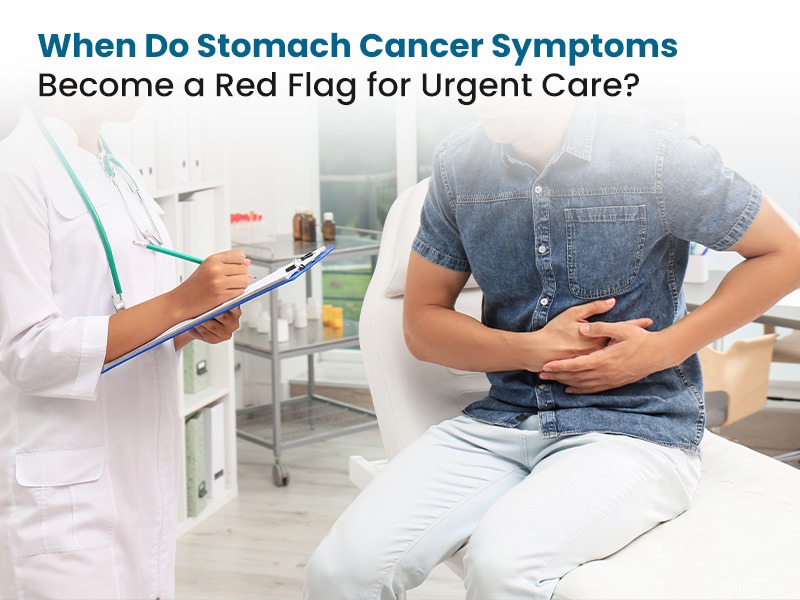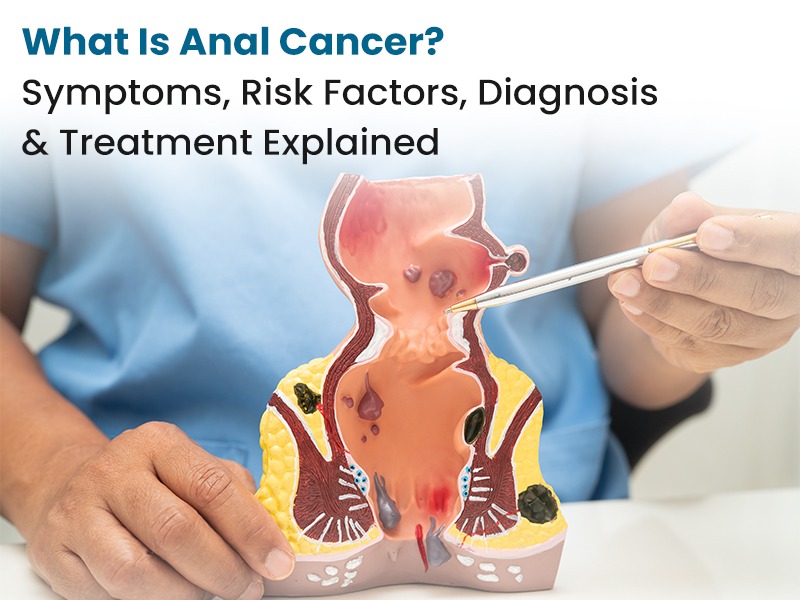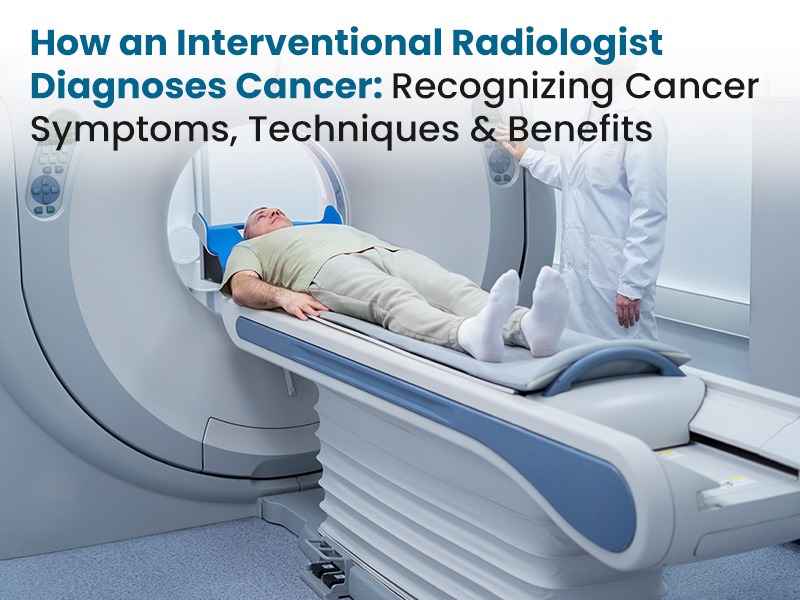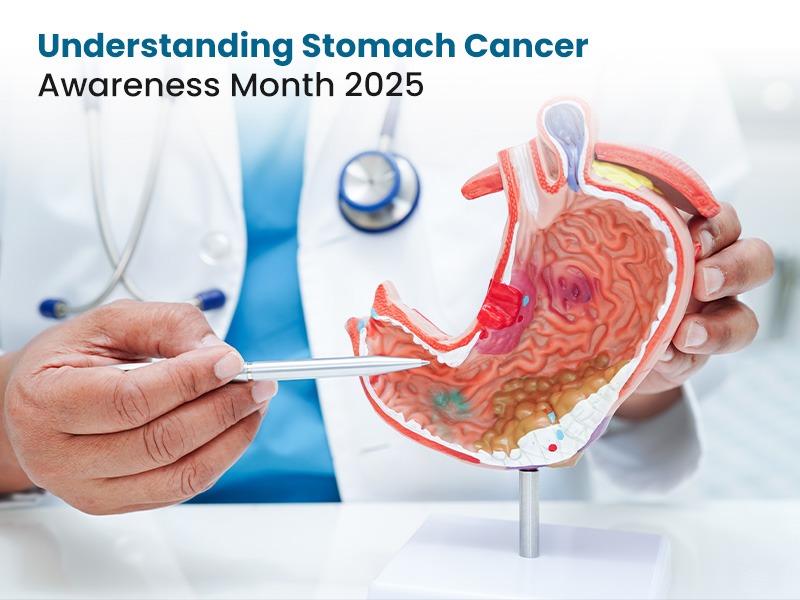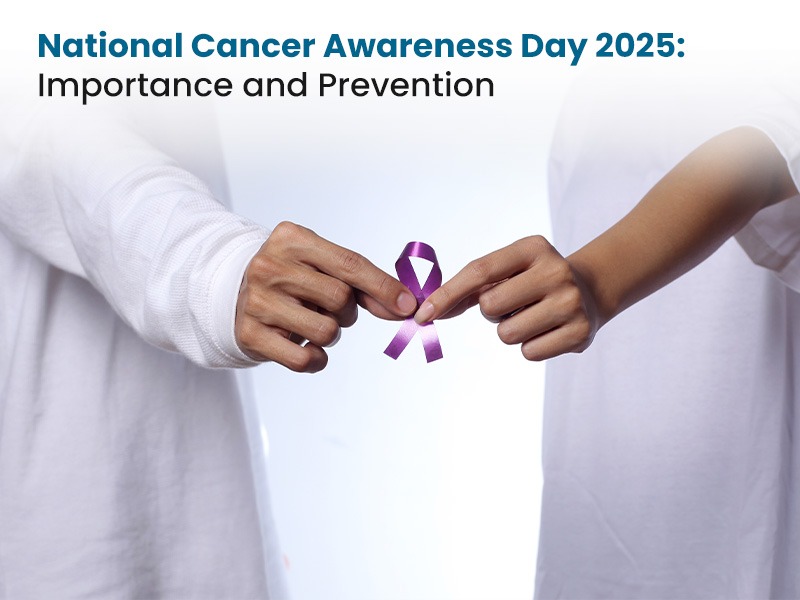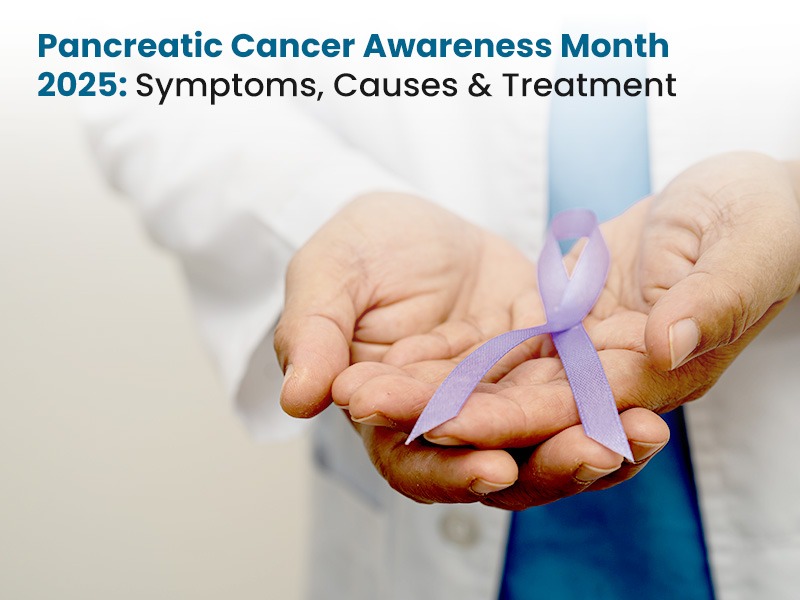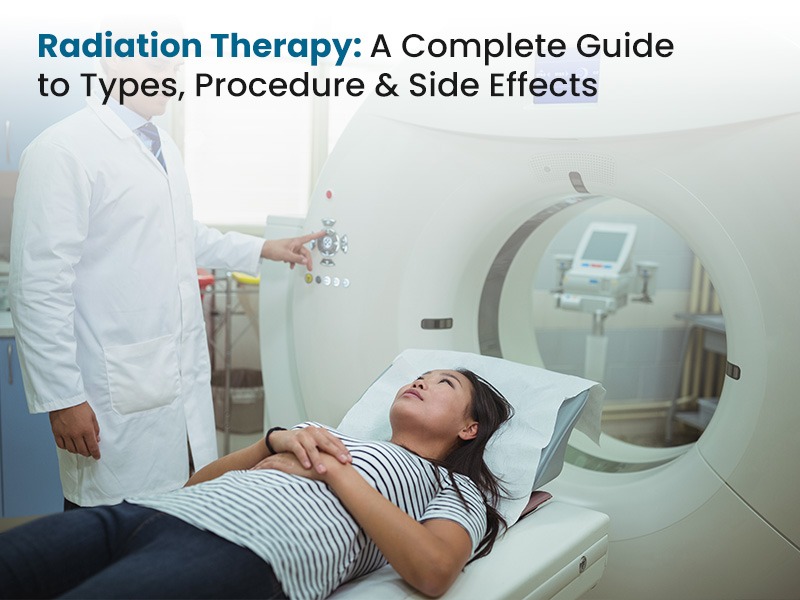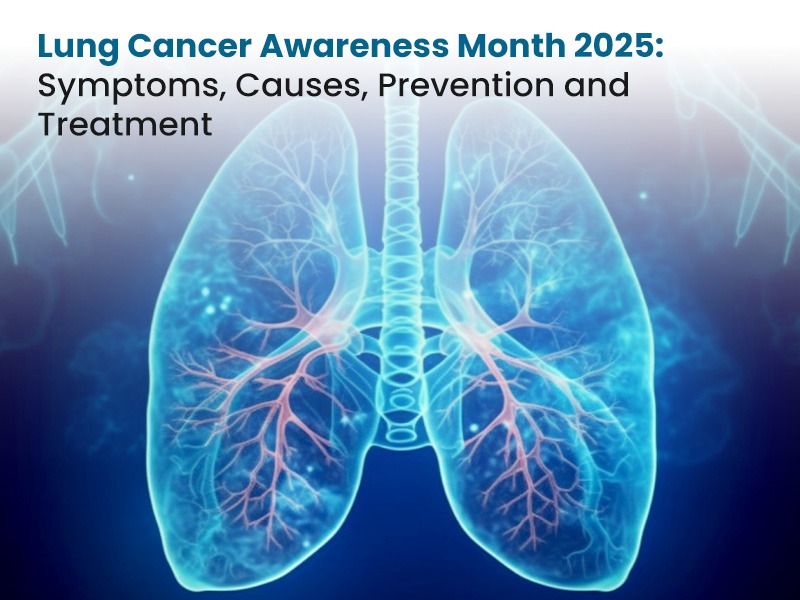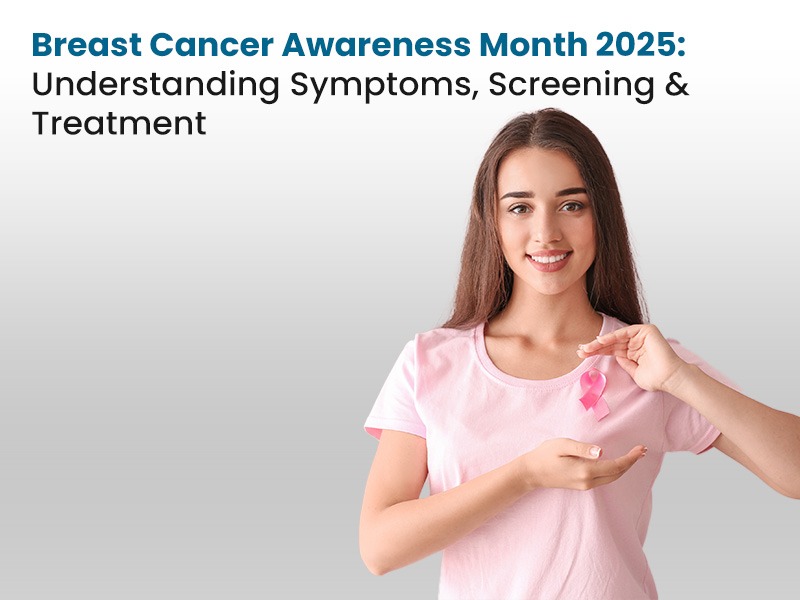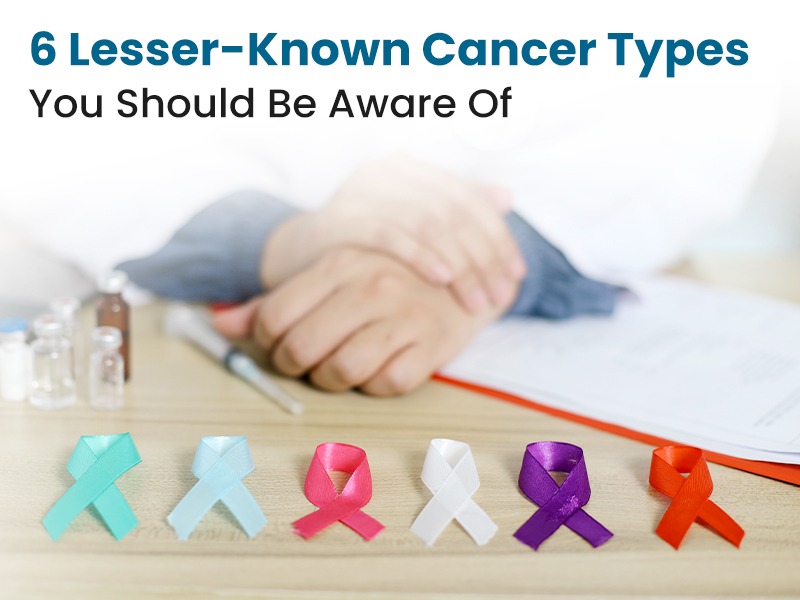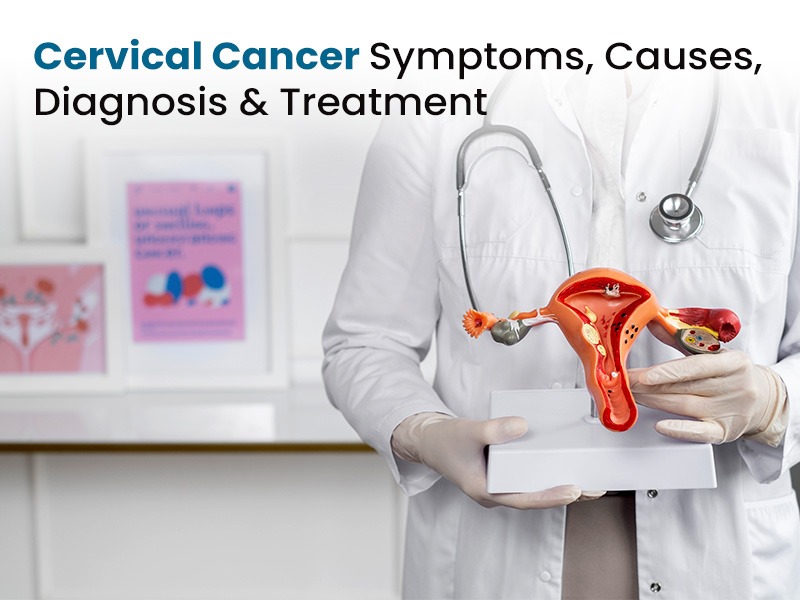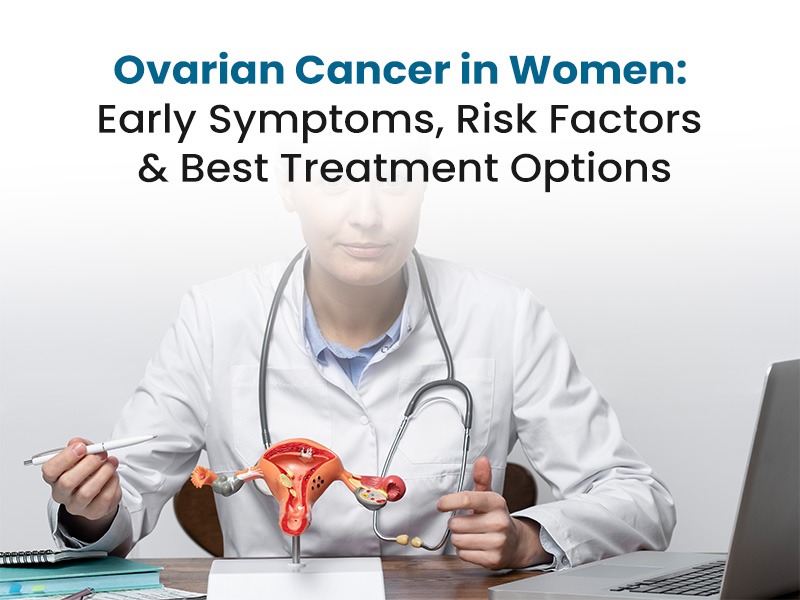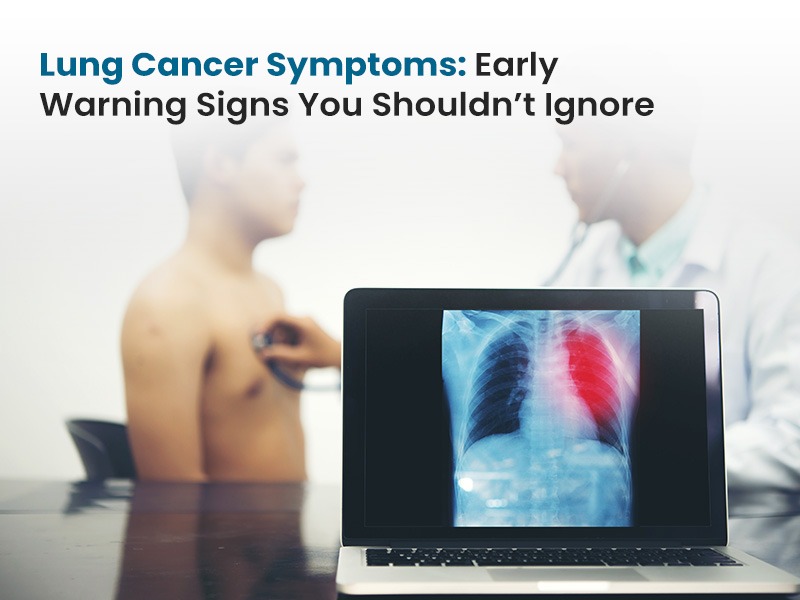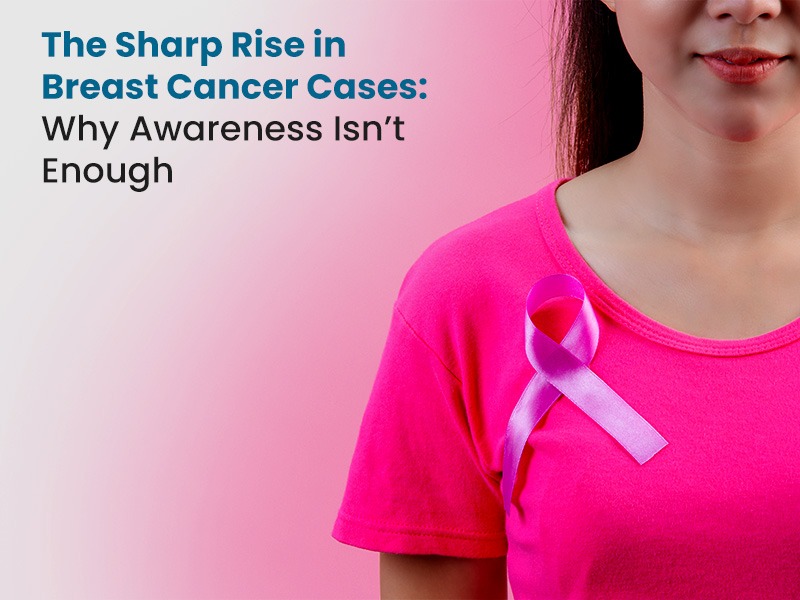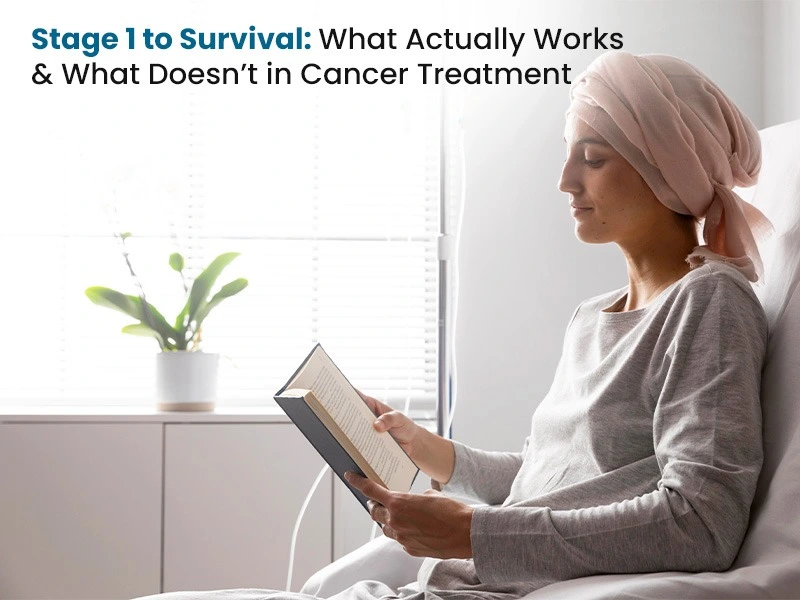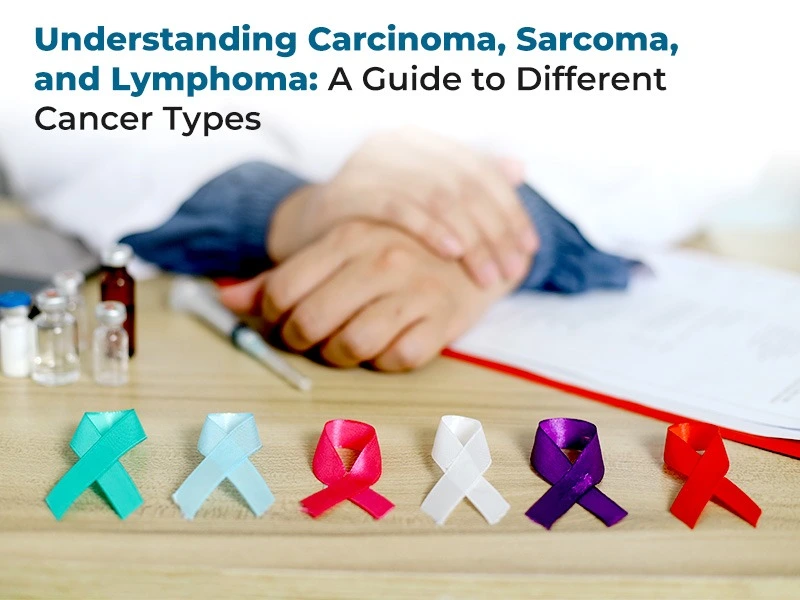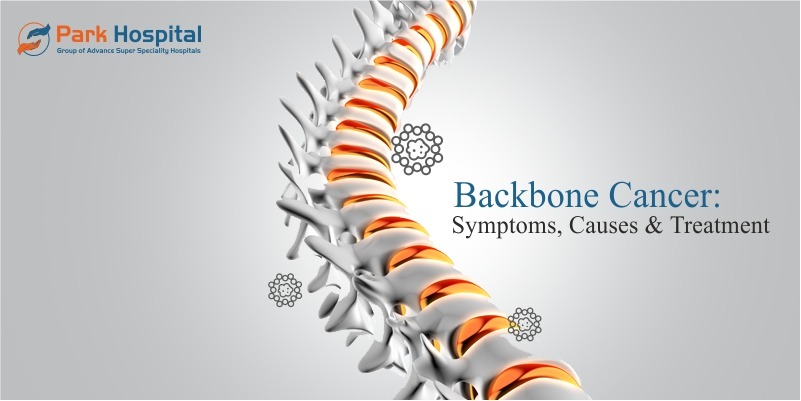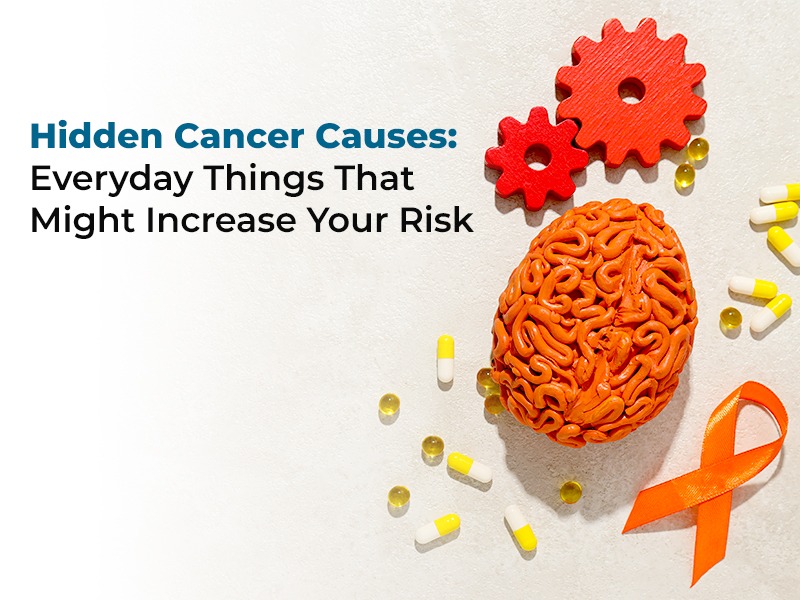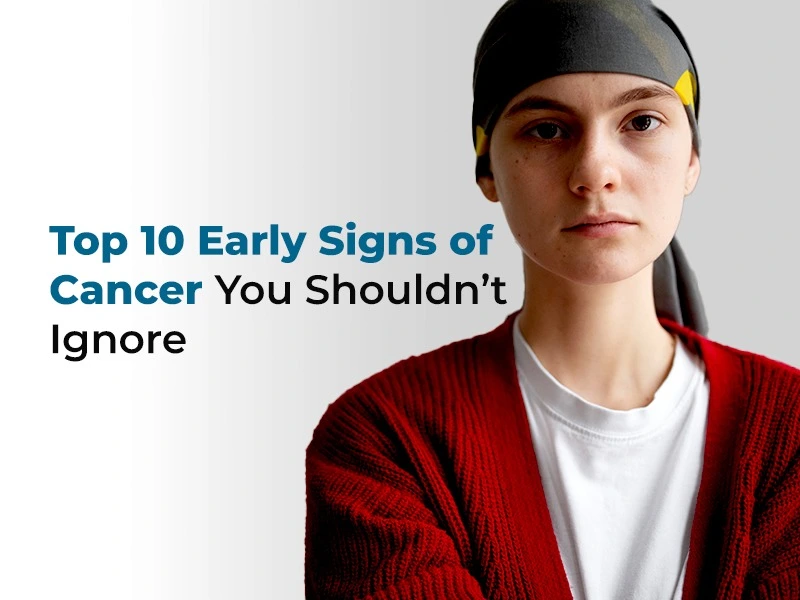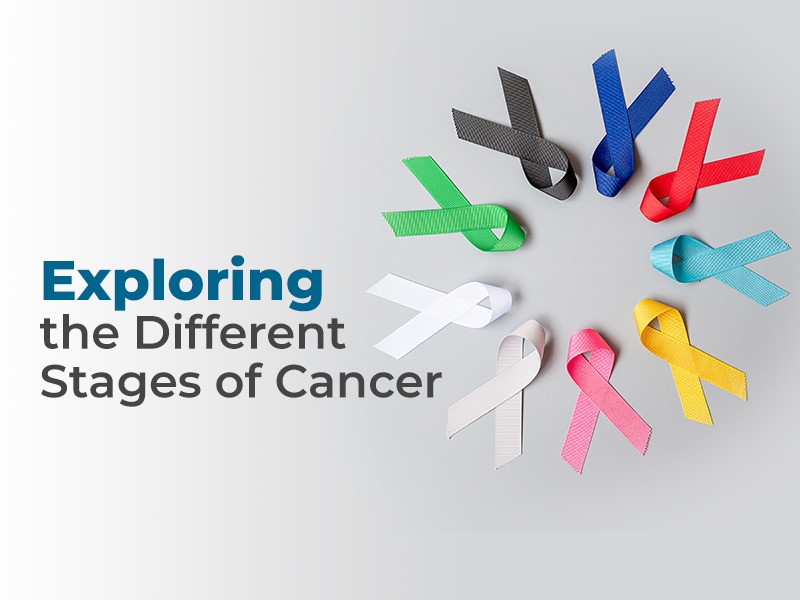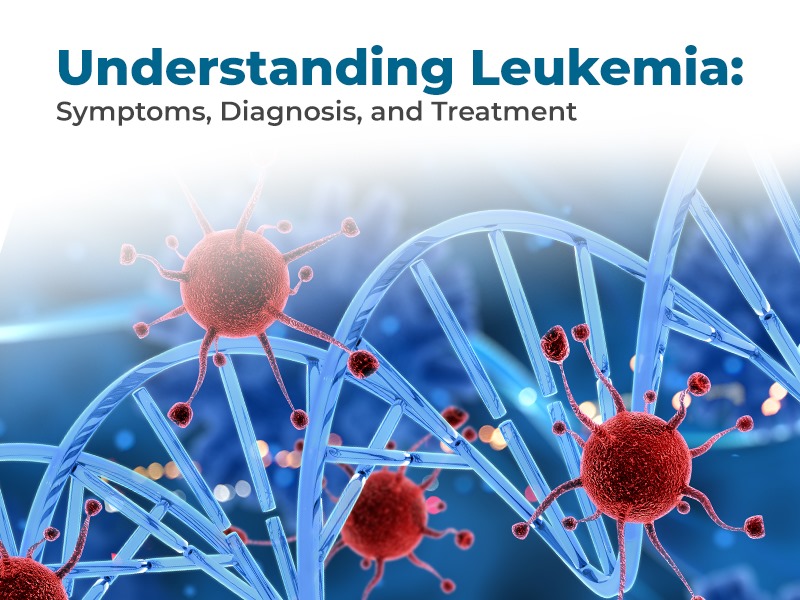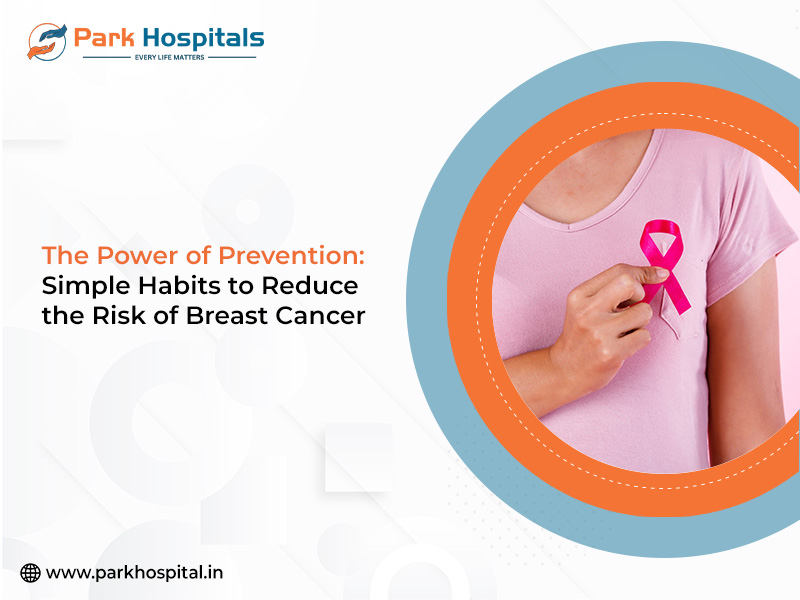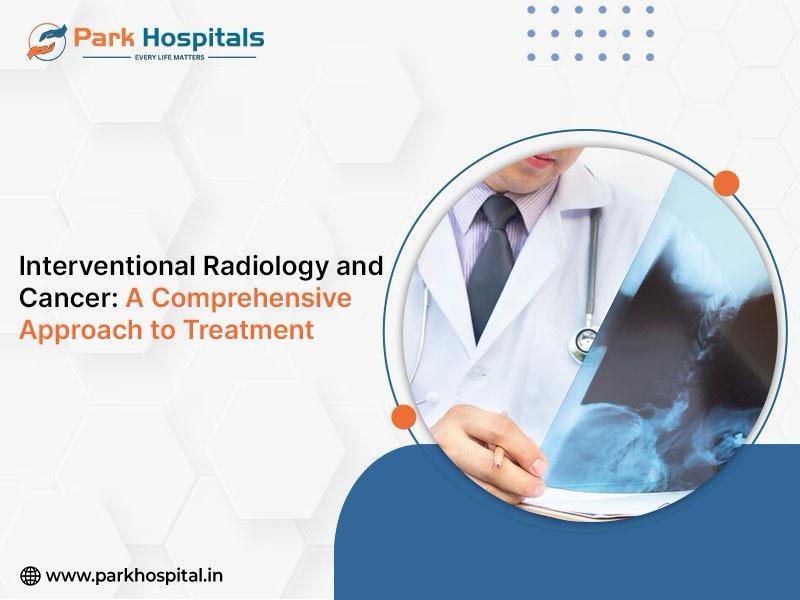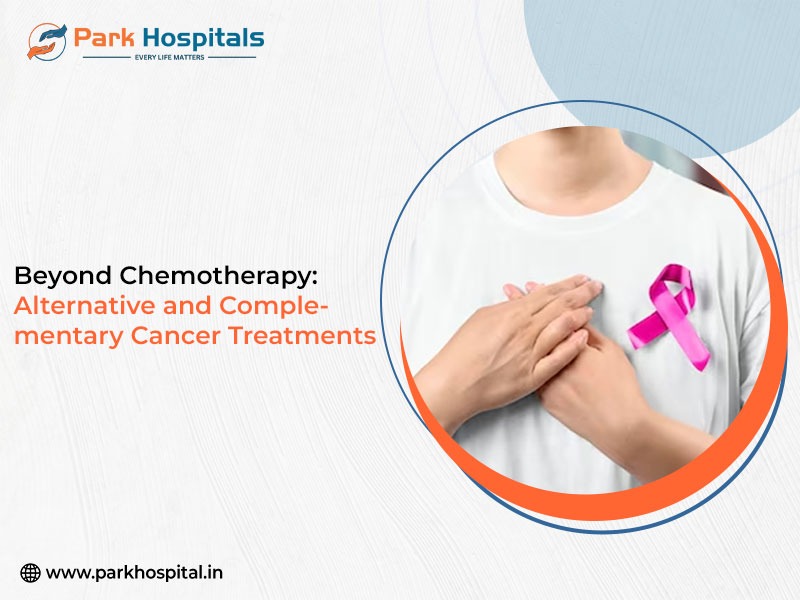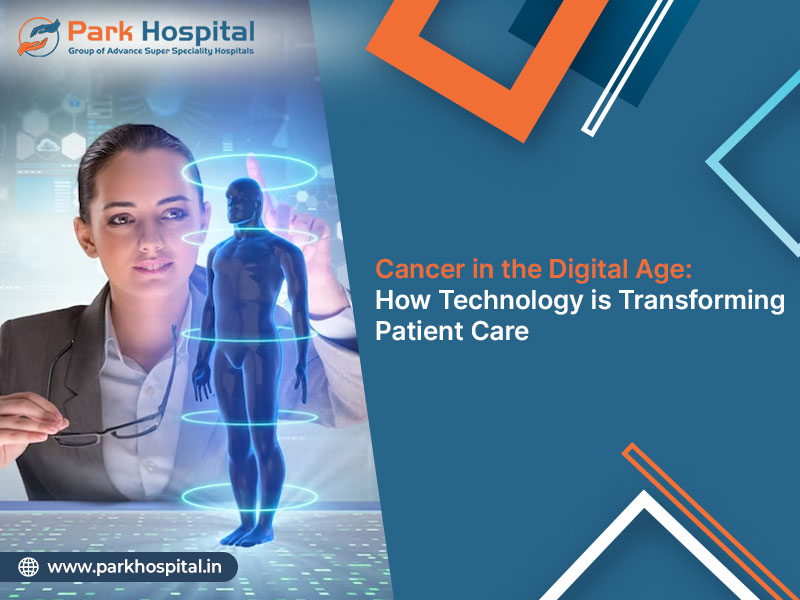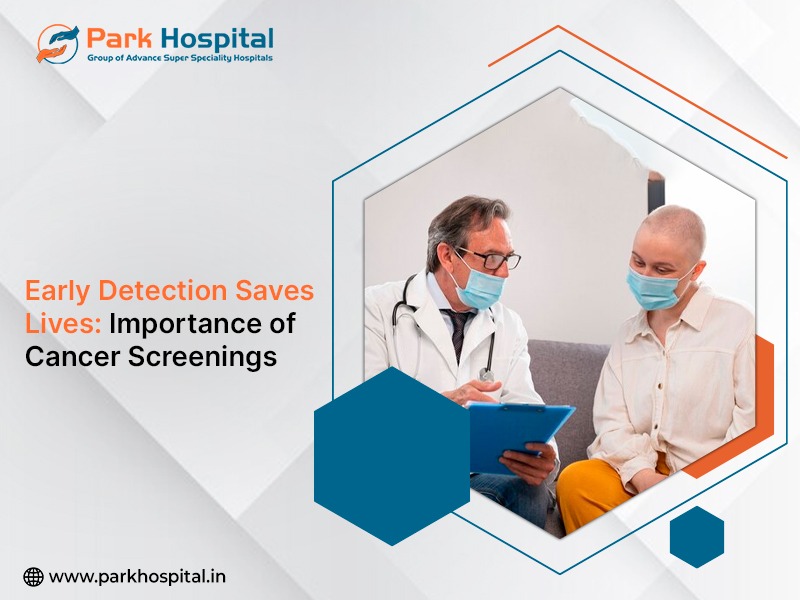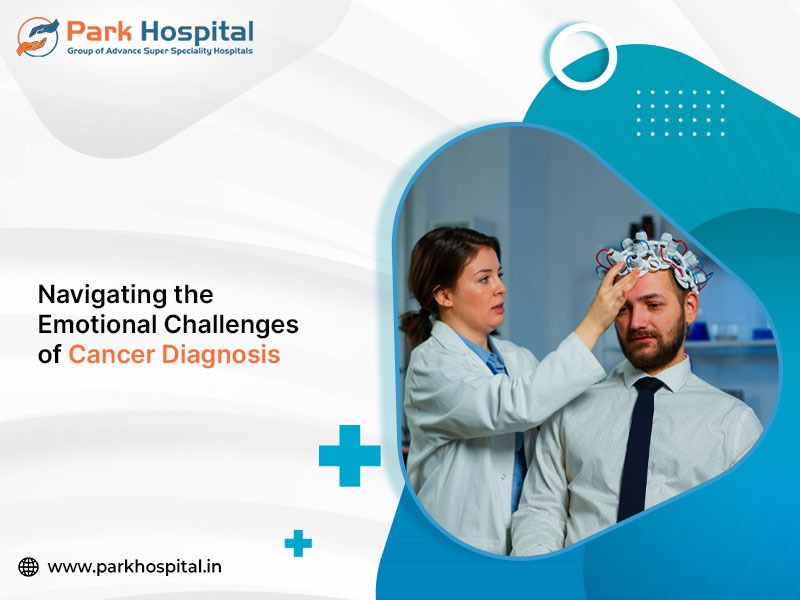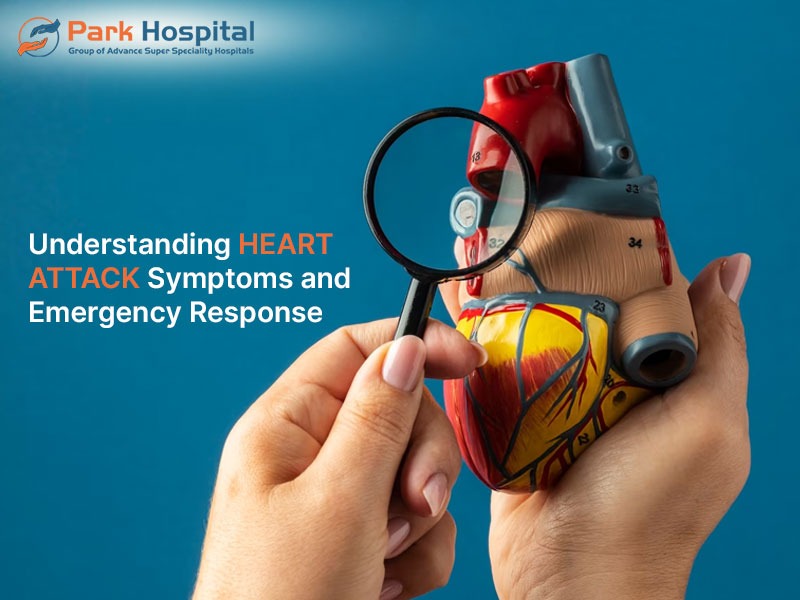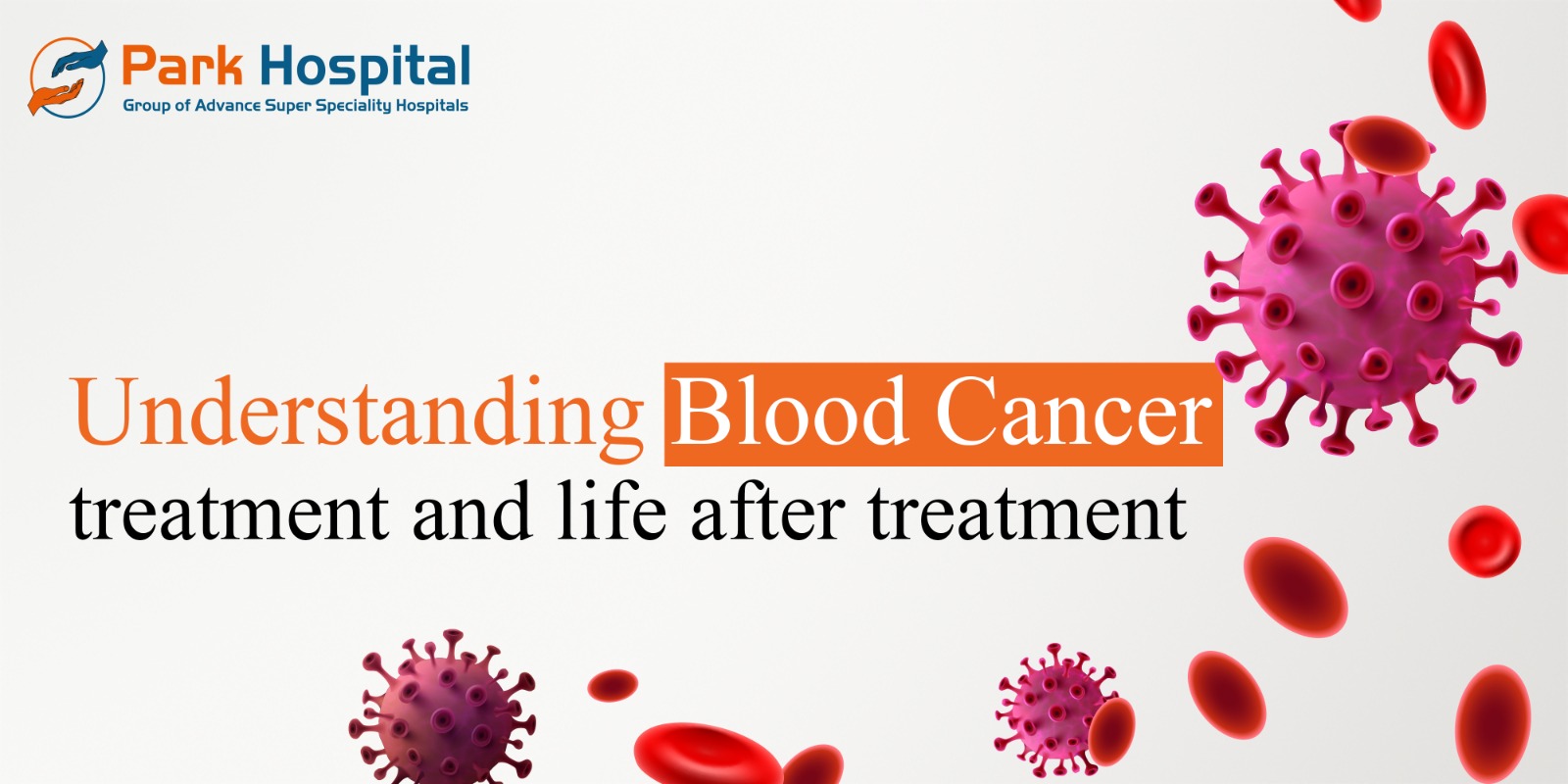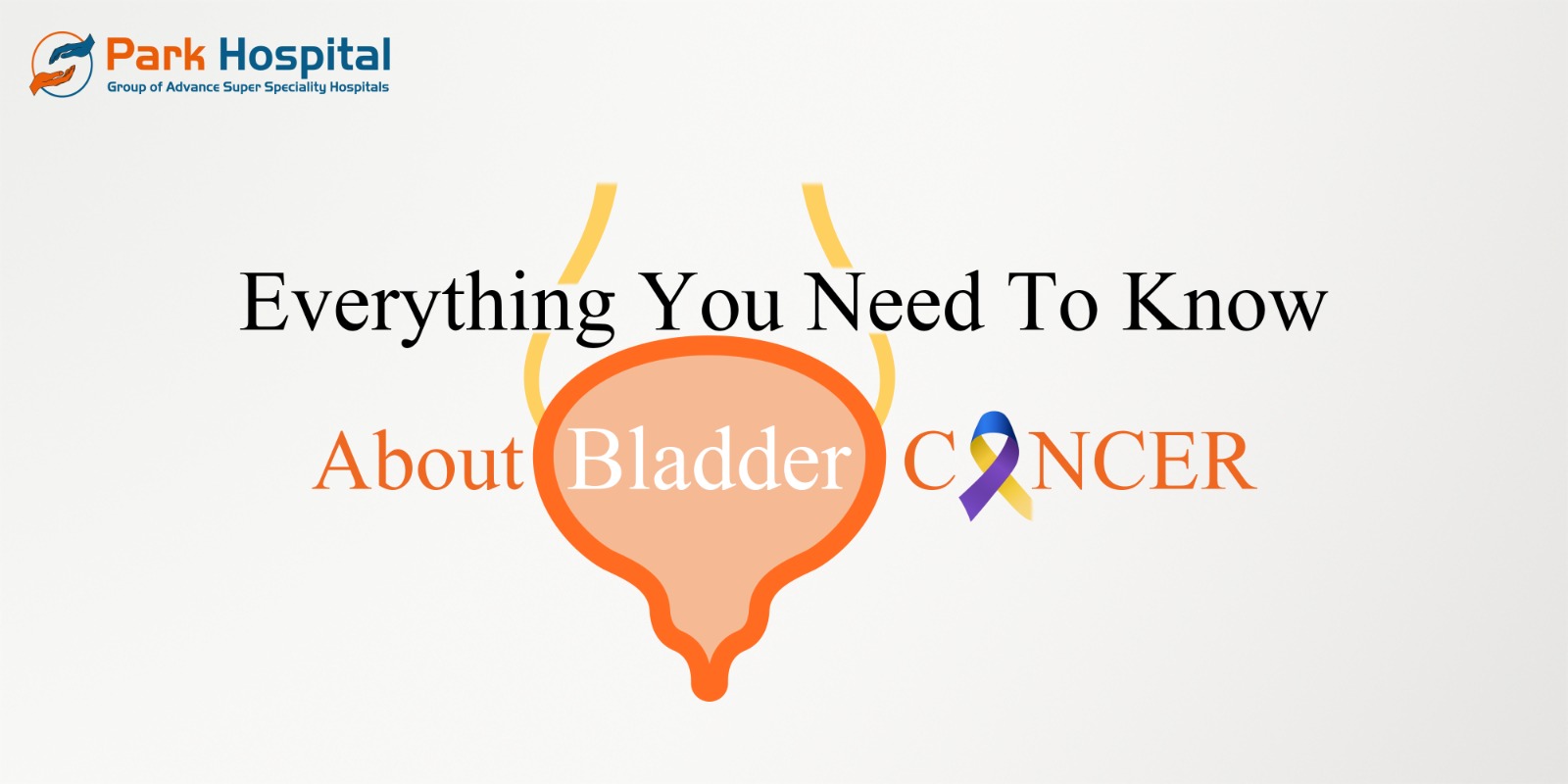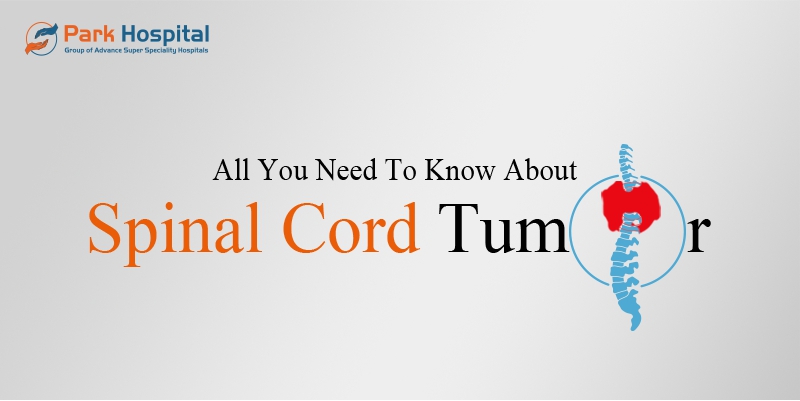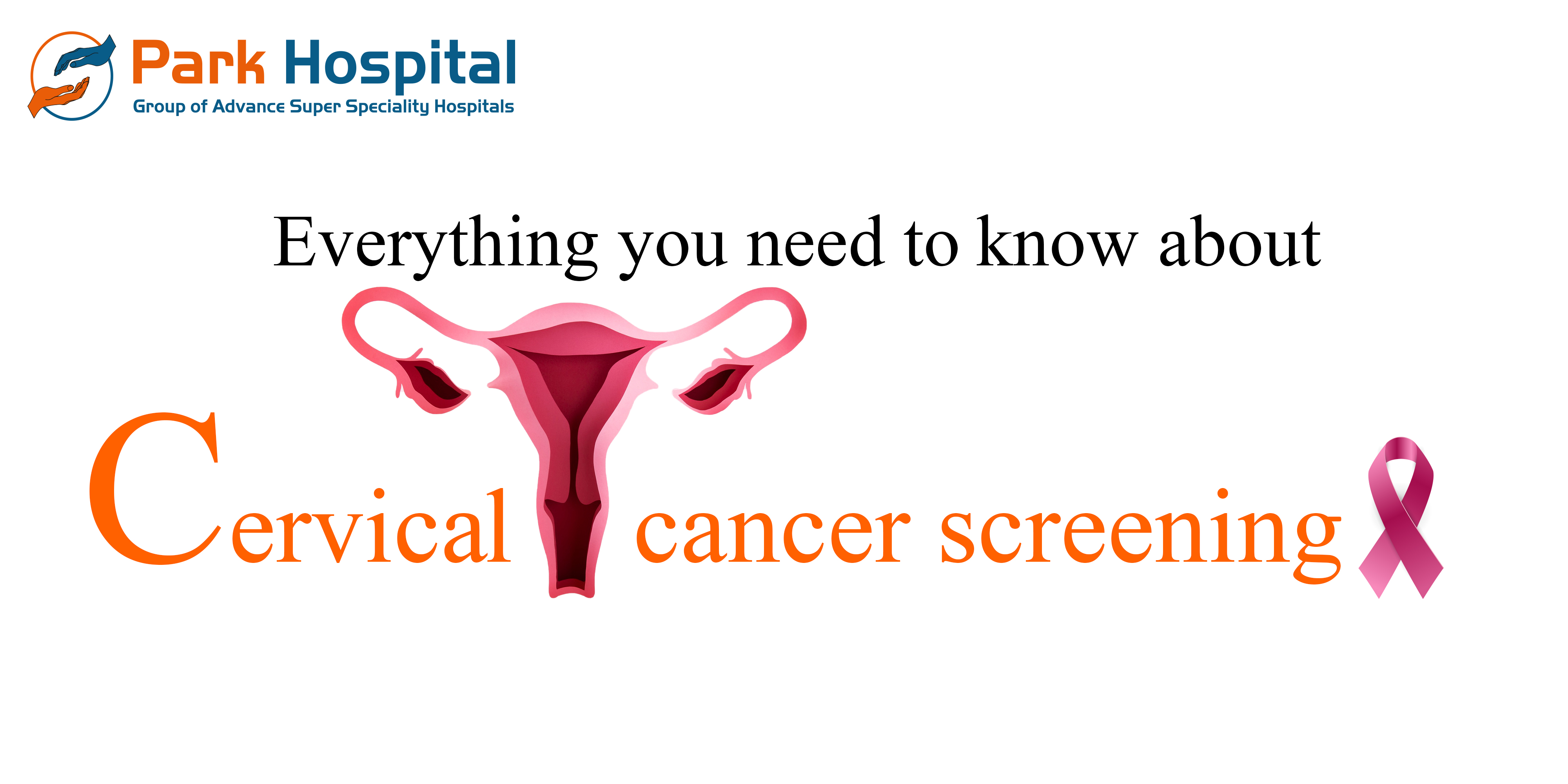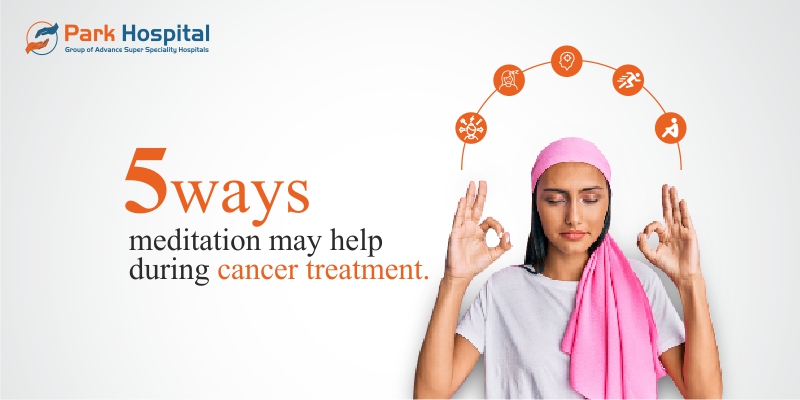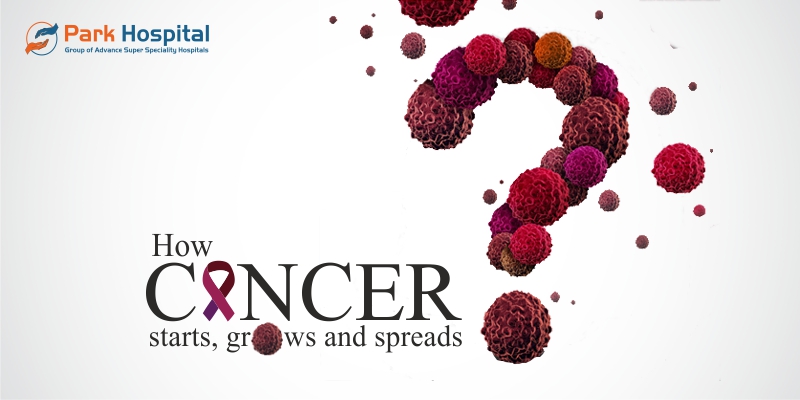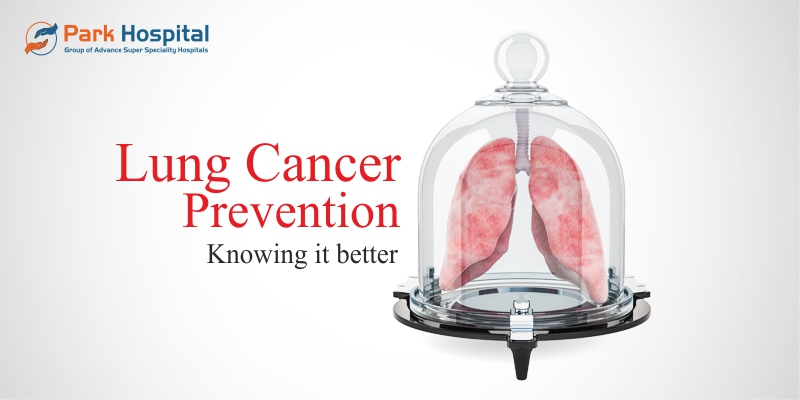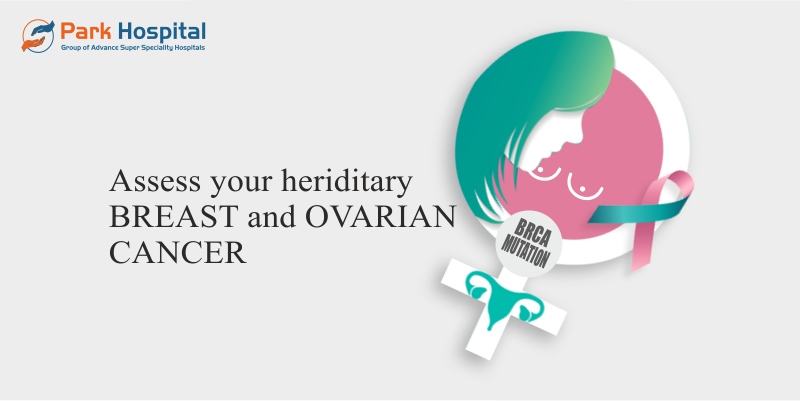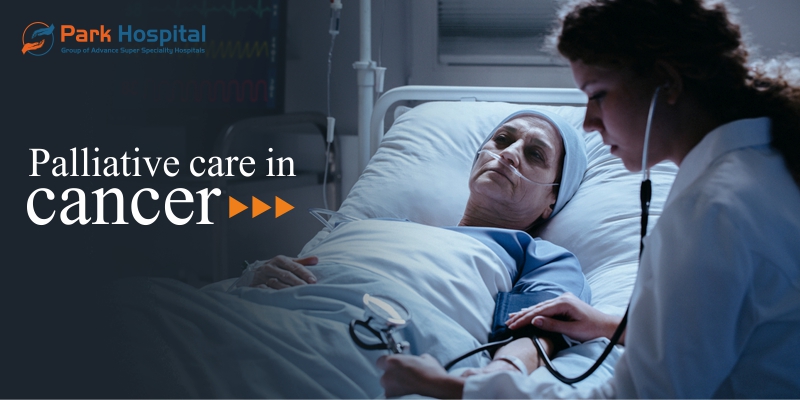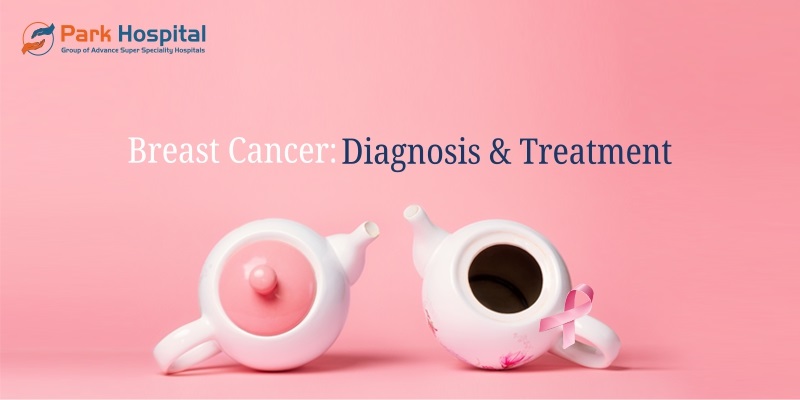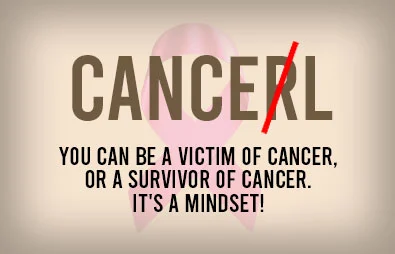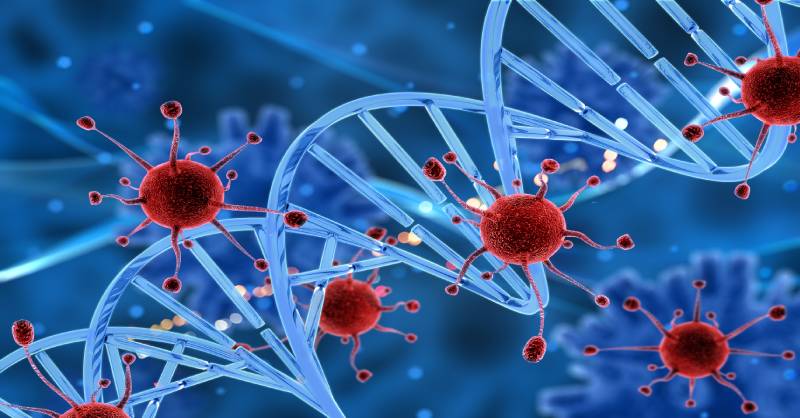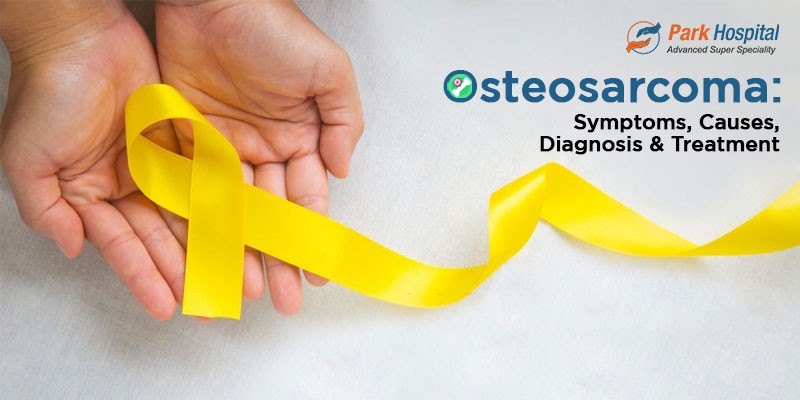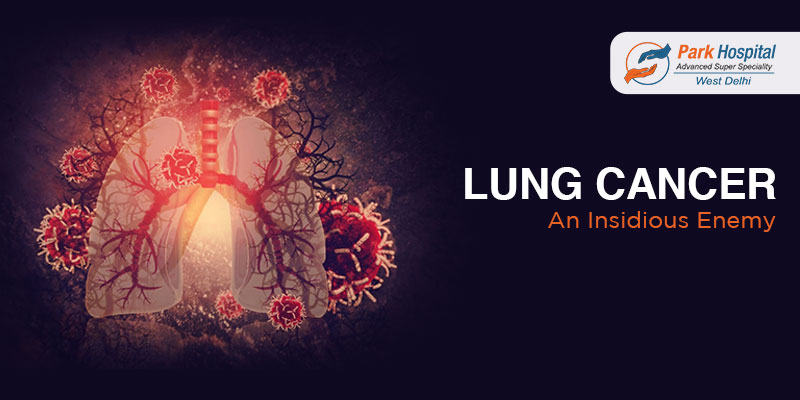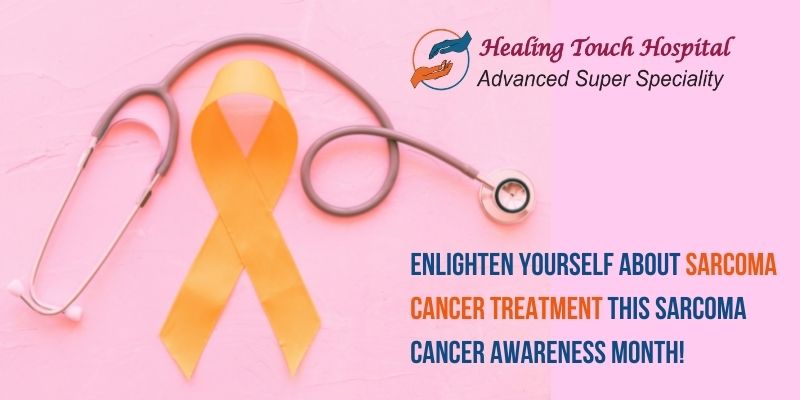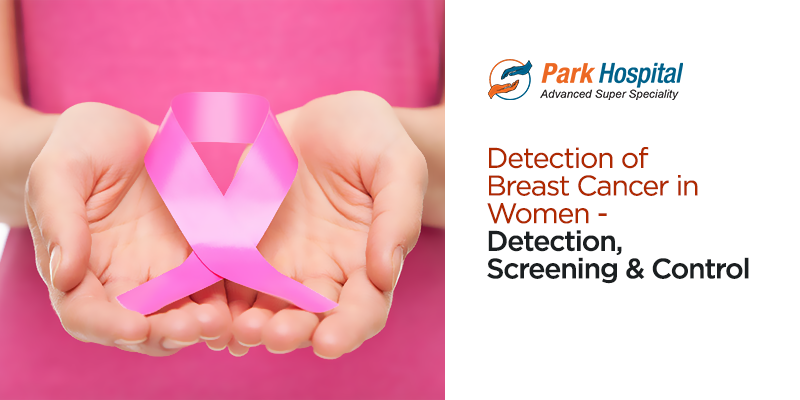Most stomach-related issues are treated with over-the-counter medications or home remedies. If the problems affect you for a long time, you may look for a healthcare provider's opinion.
But what if these health conditions point to something more serious and call for immediate action? They can be stomach cancer symptoms. Gastric cancer, commonly known as stomach cancer, can begin quietly, such that the signs can be easily dismissed as stomach issues.
As an individual, how can you differentiate the discomforts that require urgent attention from you and a doctor? Let's understand this article.
Understanding Stomach Cancer in Simple Terms
It is a very slow cancer that develops over the years. As the cancer specialist in Faridabad explains, it mostly starts at the lining of the stomach and may spread if left untreated.
A mistake that many regret is not identifying stomach cancer early. It is because people usually confuse it with normal digestive issues. Recognising changes in how your body feels, especially when symptoms linger, can help detect it sooner.
Common Symptoms You Shouldn't Ignore
It's the body's reaction to experience bloating, acidity, or indigestion after a heavy meal. But if they become a recurrent issue and you feel they're a normal part of your life, it's time to pay special attention.
Some early signs of stomach cancer can include:
Ongoing indigestion, constipation, or heartburn
Persistent nausea or vomiting
Unexplained bloating, especially after eating small amounts
Loss of appetite or feeling full too quickly
Sudden or unexplained weight loss
Fatigue or low energy
If you are facing these, you may take some common medications available at a pharmacy. After a proper course, if they still have not perished or improved, it's time to consider a medical evaluation.
When Symptoms Turn Into Red Flags
Certain warning signs indicate that you should not wait any longer before visiting a doctor at a cancer hospital. These symptoms may suggest that something more serious is happening inside the stomach:
Vomiting blood or coffee-coloured material
This may signal internal bleeding in the stomach and requires immediate medical care.Black or tarry stools
This often points to bleeding in the digestive tract, which could be linked to stomach cancer or ulcers.Severe and constant stomach pain
Occasional discomfort is common, but persistent, sharp, or worsening pain is not normal.Difficulty swallowing
If you feel like food is getting stuck in your throat or upper chest, it could be a sign of something obstructing the digestive passage.Sudden weight loss and loss of appetite
Unintentional weight loss without diet or exercise changes is one of the most concerning red flags.Severe fatigue without clear reason
Low energy, even after rest, may indicate anaemia caused by internal bleeding or nutritional deficiencies from poor absorption.
If you notice one or more of these symptoms, especially when they last longer than two weeks, it's best not to delay medical evaluation.
Who Is More at Risk?
The oncologist in Delhi explains that certain factors can increase the risk of developing stomach cancer. These include:
A diet high in smoked or salted foods
Smoking or heavy alcohol use
A family history of stomach cancer
Chronic gastritis or infection caused by Helicobacter pylori bacteria
Previous stomach surgery or polyps
Being aware of these risks doesn't mean you will develop the disease, but it does mean you should be extra cautious about recurring symptoms.
How Diagnosis Is Made
Doctors may begin with a physical examination and discuss your medical history. If needed, they might recommend an endoscopy, in which a thin tube with a camera is inserted through the mouth to examine the stomach lining. Biopsies, blood tests, and imaging scans like CT or MRI can also help confirm or rule out stomach cancer.
The good news is that if caught early, stomach cancer can be treated successfully through surgery, chemotherapy, or targeted therapy. The earlier the diagnosis, the better the outcome.
If the diagnosis suggests the presence of cancerous cells in the stomach, several possible treatment options are available at Park Hospital, including but not limited to chemotherapy, radiation therapy, and others.
When to Seek Urgent Care
If your symptoms are severe, sudden, or worsening despite treatment, seek medical help immediately. Urgent care is especially important when you:
Vomit blood or have dark stools
Experience continuous vomiting or dehydration
Cannot eat or drink due to pain or nausea
Feel extreme weakness or dizziness
Have persistent abdominal pain that does not ease with rest or medication
These situations may require emergency assessment to stabilise your condition and start the right treatment promptly.
Trust Your Gut, Literally
Mild digestive issues are part of everyday life, but when they start interfering with your routine or refuse to go away, it's time to take notice. Stomach cancer often hides behind common symptoms, which is why awareness is vital. Paying attention to changes in your body, getting regular health check-ups, and consulting a doctor when something feels off can make all the difference.
If you experience ongoing or unexplained stomach problems, don't delay. Early medical advice at a cancer hospital not only helps rule out serious causes but, if needed, allows for early diagnosis and better treatment outcomes. Your health is worth that extra attention, and we are here just for that!
FAQs
1. What are the first warning signs of stomach cancer?
Early signs can include frequent indigestion, bloating after small meals, loss of appetite, mild stomach pain, or unexplained fatigue. These symptoms often seem harmless at first but should be checked if they persist for more than a couple of weeks.
2. When should stomach pain be taken seriously?
If your stomach pain is constant, severe, or keeps returning despite rest or medication, it’s worth taking seriously. You should also seek medical advice if the pain comes with weight loss, vomiting, or black stools.
3. When should I visit a doctor for persistent stomach discomfort?
See a doctor if your stomach discomfort lasts beyond two weeks, worsens with time, or affects your eating habits and energy levels. Persistent symptoms are your body’s way of asking for attention.
4. Is nausea or vomiting a sign of stomach cancer?
Yes, it can be. Occasional nausea isn’t unusual, but if you feel nauseous often or vomit without a clear reason, it’s best to get evaluated. Vomiting blood or material that looks like coffee grounds needs urgent medical care.
5. Can stomach cancer cause heartburn or acid reflux?
Yes. Ongoing heartburn or reflux that doesn’t respond to usual treatment can sometimes be linked to stomach cancer. If you’ve had persistent acid issues despite medication, it’s wise to get a proper check-up.

